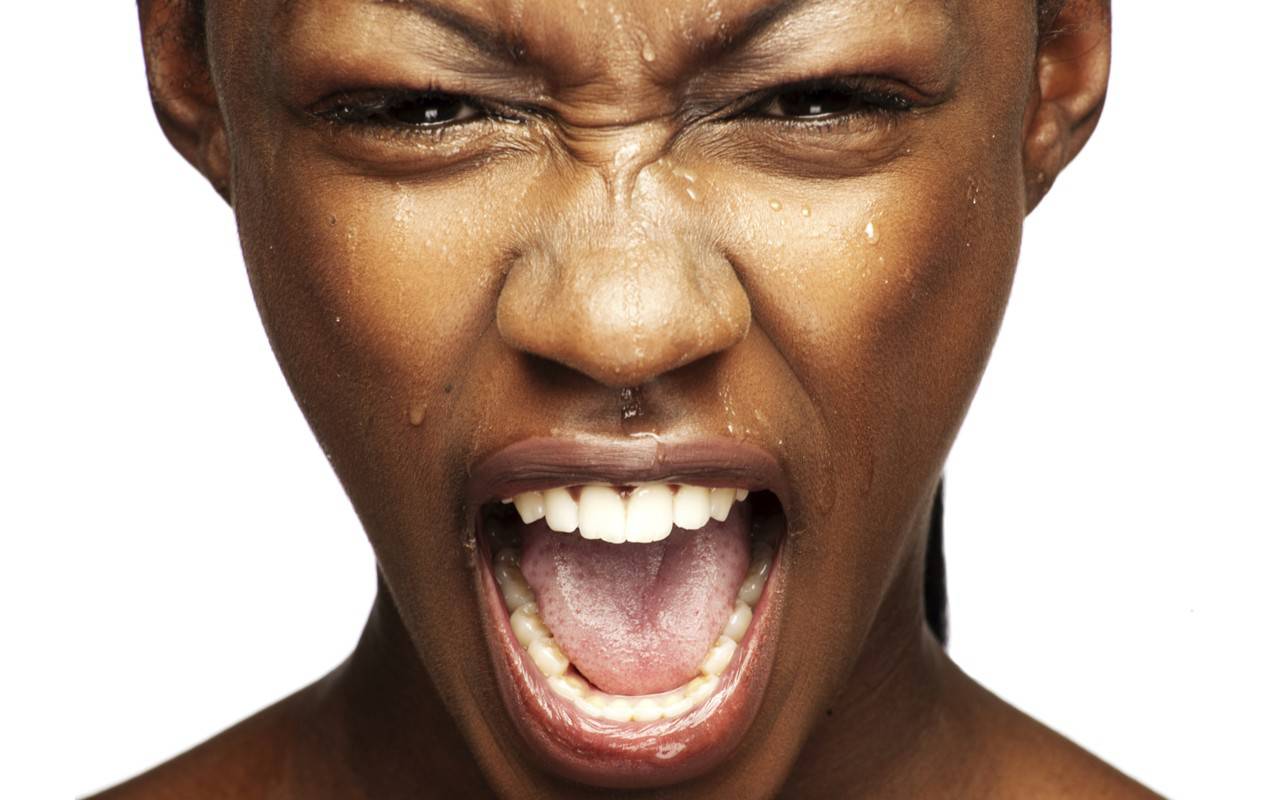
loud. mean. angry. all words embodied by the fire-spitting, gun-totting sapphire stereotype often used to describe black women. captured in blaxploitation films, tyler perry movies and ratchet reality tv, images of angry black women (abw) are abundant.
we were sitting in our high school math class the first time my friends and i were derided for our abw tendencies. we were the only black students enrolled in a mostly white accelerated academic program and frequently navigated prejudice and low expectations. while engaging in our usual banter of shade throwing and quick witted humor, our white-substitute teacher asked: “why do all you black girls act like this? you know…every school i go to y’all are all the same. mean and loud.”
we were confused and upset. not only was his statement a generalization about black students’ behavior, but it was also an ignorant critique of our actions. no one was angry. we were communicating in a way that he didn’t understand, and he used a prevalent stereotype to condemn.
racist and sexist tropes narrate much of black women’s lives. when coupled with other forms of discrimination, few positive images are allowed to exist that challenge the negative narratives. it’s no surprise then that my substitute teacher labeled all black girls as mean and loud or that black girls are suspended at high rates nationally for being loud and “un-lady like.”
the sapphire stereotype should be front and center of a national conversation about 12 black women who were kicked off a napa valley wine train last weekend for laughing loudly.
if the accusation of laughing too loudly isn’t absurd enough, the group is actually a bookclub (i can’t think of a quieter hobby) whose members include an 83-year old woman. this humiliating experience was prompted by what some say was a white customer’s complaint that they were treating the train like a bar. shortly afterwards, the group was met by police who shuttled them back to their cars.
not only did one person’s privilege trump the positive interactions between 12 paying customers, but the company thought a bookclub was intimidating enough to require a police escort. it’s hard to imagine a group of white customers being treated this way, especially when white women are not stereotyped as loud, un-lady like or aggressive.
it’s undeniable that racism and sexism conflated to categorize the bookclub’s harmless recreation as problematic, even unlawful. invisible borders outline the truly safe spaces where black women can be ourselves — the napa valley wine train was not one of them. we’re too loud to ride the train and too black to sip wine.

We’re too _____ to say/do/be ______.
Author
PREACH.